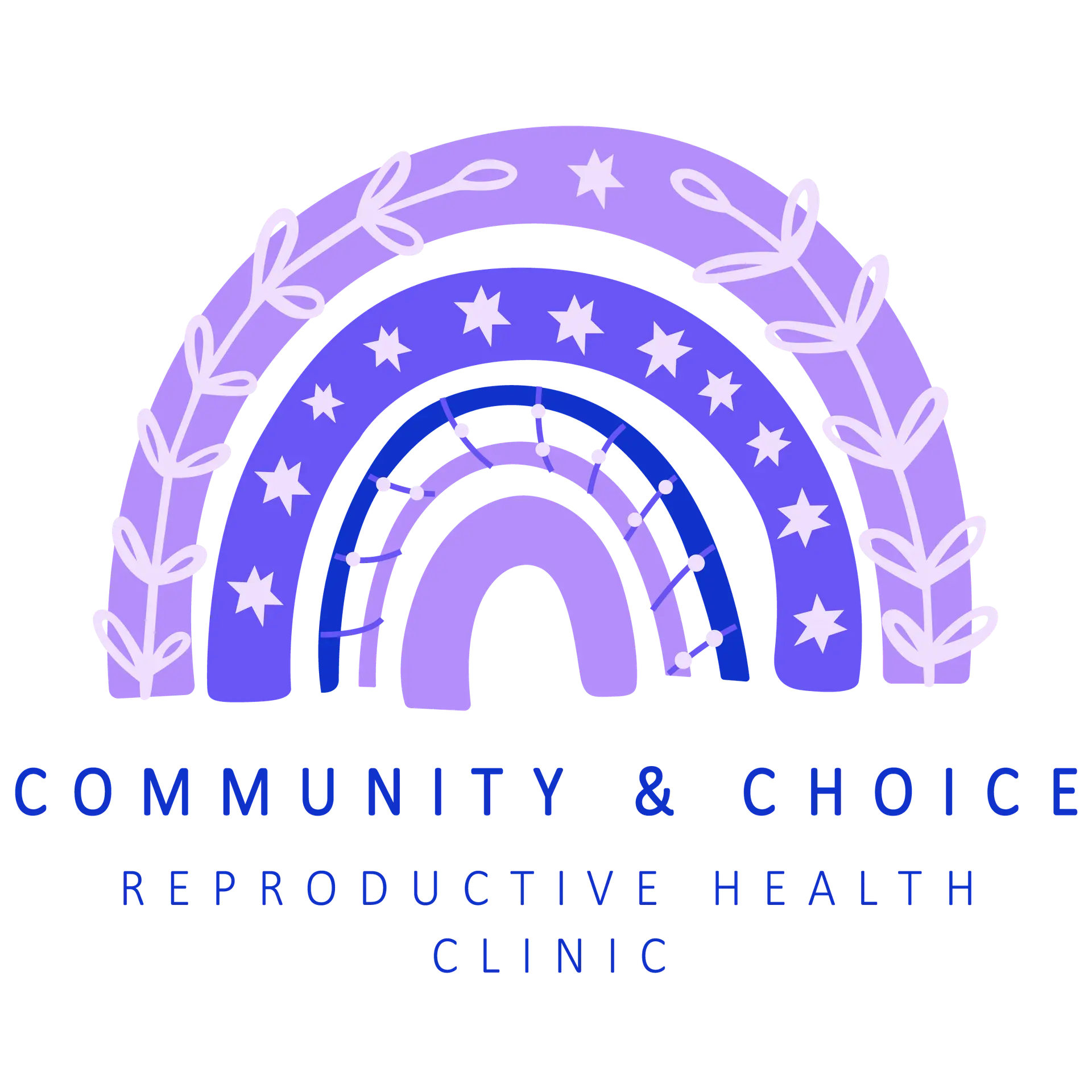Concerned about how to prevent an unwanted pregnancy? There are many birth control options available in the reproductive healthcare line. And understanding each of them is essential if you want to take care of your sexual health. From hormonal methods to barrier methods, permanent contraceptives, and more, there are many methods to prevent pregnancy. In this blog, we’ll explore the different types of birth control methods so you can decide which method will work best considering your needs and health.
Hormonal Methods
Hormonal birth control methods are one of the most common and effective types of contraceptives available. These methods change the hormone levels in the body, which can prevent ovulation, thicken cervical mucus, or thin the uterine lining to prevent implantation of fertilized eggs. Let’s understand some distinct types of hormonal methods:
- Birth Control Pills: Birth control pills can be taken every day. They come in two different forms: combination pills and progestin-only pills. The combination pills combine both estrogen and progestin, which makes them more effective, but comes with more side effects, like mood lability, upset stomach, breast tenderness and weight gain. On the other hand, progestin-only pills contain only progestin, not estrogen, and are less effective, but have fewer side effects. The pill method is more convenient and easy to use, but it requires consistent daily adherence for maximum effectiveness.
- Birth Control Patch: A birth control patch is a small, adhesive square that sticks to your skin to prevent pregnancy. It works by releasing estrogen and progestin hormones into your bloodstream to prevent unwanted pregnancy. You can use a patch for one week and then replace it with a new one. You can also stop using it when planning for pregnancy. Birth control patches are 99% effective and don’t require daily attention like pills.
- Injections: Birth control depot or shots are injected by a reproductive healthcare specialist every 3 months. Once injected, they release the progestin hormone into your bloodstream, preventing pregnancy. It is also an effective method but may require some time to return fertility to normal when you stop using it.
- Vaginal Ring: The vaginal ring is a soft, small, flexible device that is inserted into the vagina each month. After the insertion, the ring releases the hormones estrogen and progestin to prevent pregnancy. This method is convenient and effective but requires monthly proper insertion.
- Emergency Contraception Pill: These are a type of contraception pills that are consumed within 5 days of unprotected intercourse. To be most effective, it’s recommended to take them as soon as possible after you have intercourse. Although they are effective at preventing pregnancies, they are less effective if used within 1-2 days of your ovulation. They also increase the risk of pregnancy afterwards if you continue to have unprotected intercourse in the week following usage.
Barrier Methods
As the name suggests, these methods work by creating a physical barrier to prevent sperm from reaching and fertilizing the egg. Here’s an overview of different types of barrier methods:
- Condom: It’s the most common method used to prevent pregnancy. They are for men and women and come in different materials, such as latex, lambskin, and polyurethane. If used correctly and made with high-quality materials, condoms provide up to 98% effectiveness.
- Cervical Cap: A cervical cap is a small cup that is made of rubber or silicon. It is inserted into the vagina to cover the cervix, preventing sperm from entering the uterus during sexual intercourse. It should be removed at least 6 hours after intercourse.
Long-acting Reversible Contraception Methods
These contraceptives are for people that want to have long periods of contraception prior to becoming pregnant, or prefer not having to think too often about taking or replacing their contraception.
- IUD: An IUD or intrauterine device is a small, T-shaped contraceptive device that is inserted into the uterus to prevent fertilization. IUDs come in two types: copper and hormonal. The copper IUD creates an inhospitable environment for sperm, and also prevents a fertilized egg from implanting and developing, while the hormonal IUD releases progestin, which creates a mucus plug at the entrance of the uterus, prevents the endometrial proliferation needed to sustain a pregnancy, and can also stop the ovaries from releasing an egg. IUDs can last for 5, 8 or 10 years, depending on the type.
- Contraceptive Implant: An implant is a small, flexible rod that is inserted under the skin of the upper arm. Once inserted, the rod releases progestin hormone to prevent pregnancy. The process is painless and effective for up to 3 years. You can get the implants removed with assistance from your healthcare specialist if you decide you no longer need it, or are planning to get pregnant again.
Permanent Contraception Methods
Now, let’s talk about permanent contraception methods: These methods are for those couples who don’t want more or any children in the future.
- Vasectomy: Vasectomy is a surgical process in which a doctor separates and seals (closes off) the vas deferens (the tubes that carry sperm), preventing sperm from being released during ejaculation. It’s completely safe and effective when done by skilled providers. Although it can be reversed, this is not always successful and thus should not be considered a reversible type of contraception.
- Tubal ligation: A tubal ligation is a surgical procedure where the fallopian tubes are separated, removed or sealed to prevent pregnancy. This means that the eggs released from the ovaries can’t travel to the uterus, and sperm can’t reach the eggs.
Note: If you’re planning for permanent contraception, it’s advised to consult with your healthcare professional or doctor first and consider your family goals in the future. Take some time to decide because once you go through permanent contraception, you won’t be able to have children in the future without costly and complicated reversal procedures.
Final Thoughts
To sum up, you may now be familiar with the multiple birth control method. From short-term solutions like hormonal options and barrier methods, to long-acting, and permanent solutions, there’s a method to suit every need and lifestyle. However, while navigating these choices, it’s essential to have access to supportive healthcare. Community and Choice is dedicated to providing reliable, non-judgmental reproductive healthcare services in an environment where comfort, satisfaction, and privacy are our top priorities. We offer a safe and confidential environment where you can explore your options, receive personalized guidance, and access the birth control method that aligns with your circumstances. Visit us to learn more about how we can support you on your reproductive health journey.



